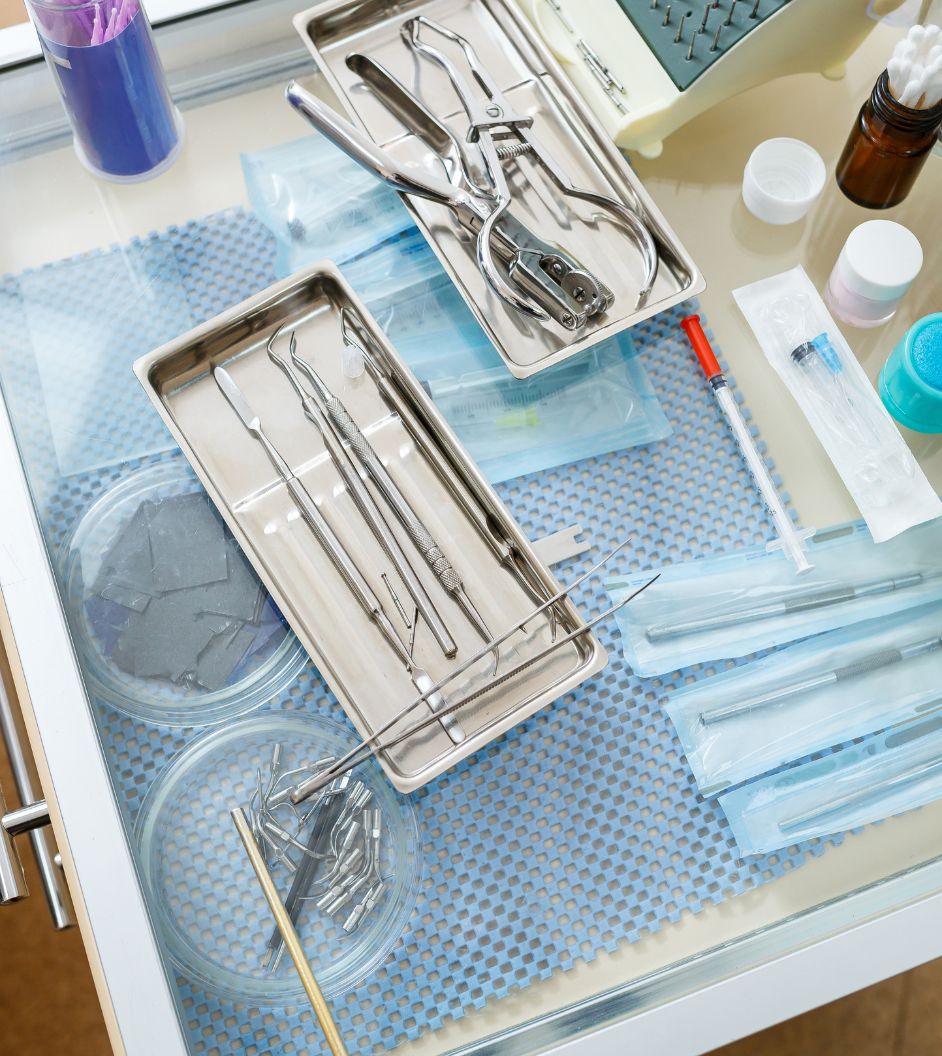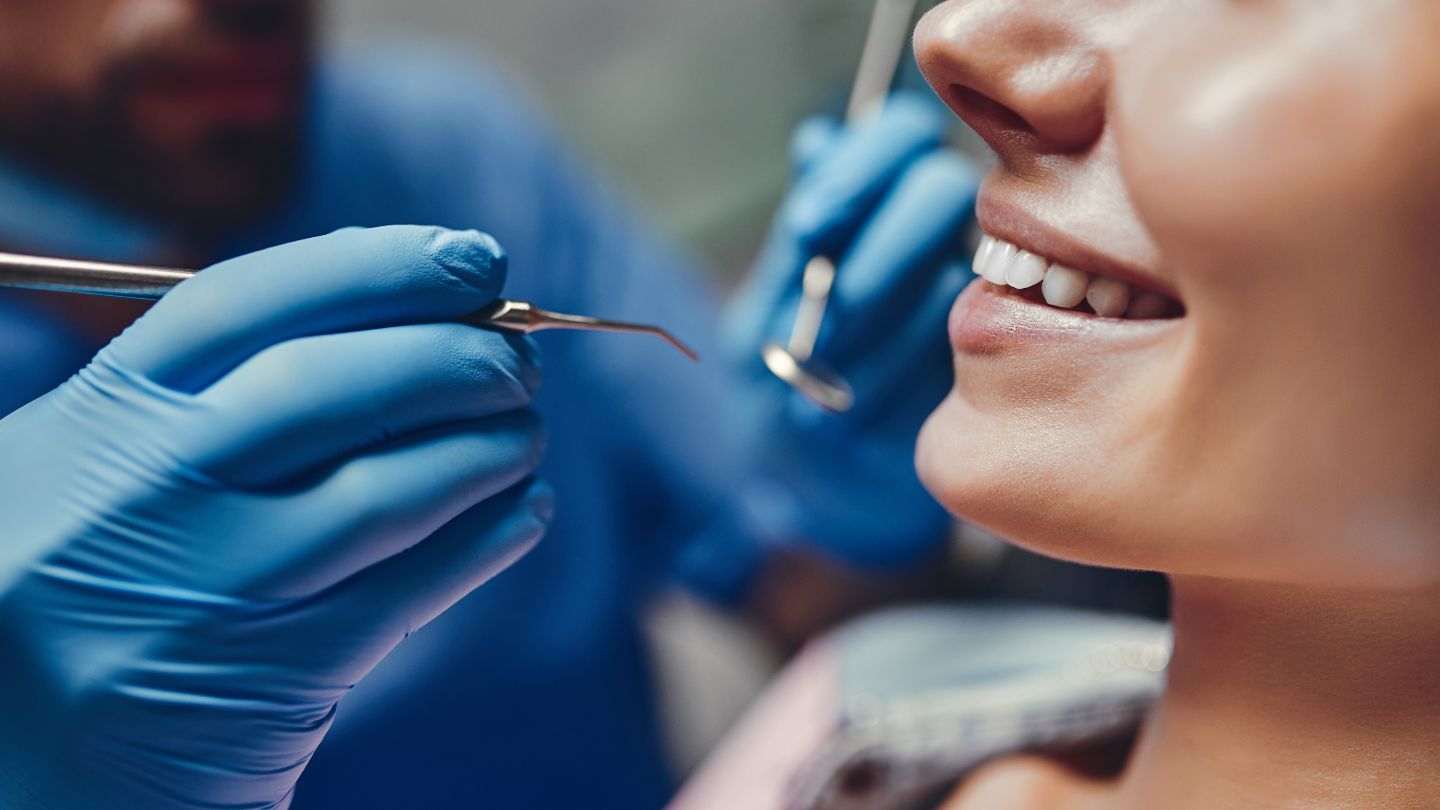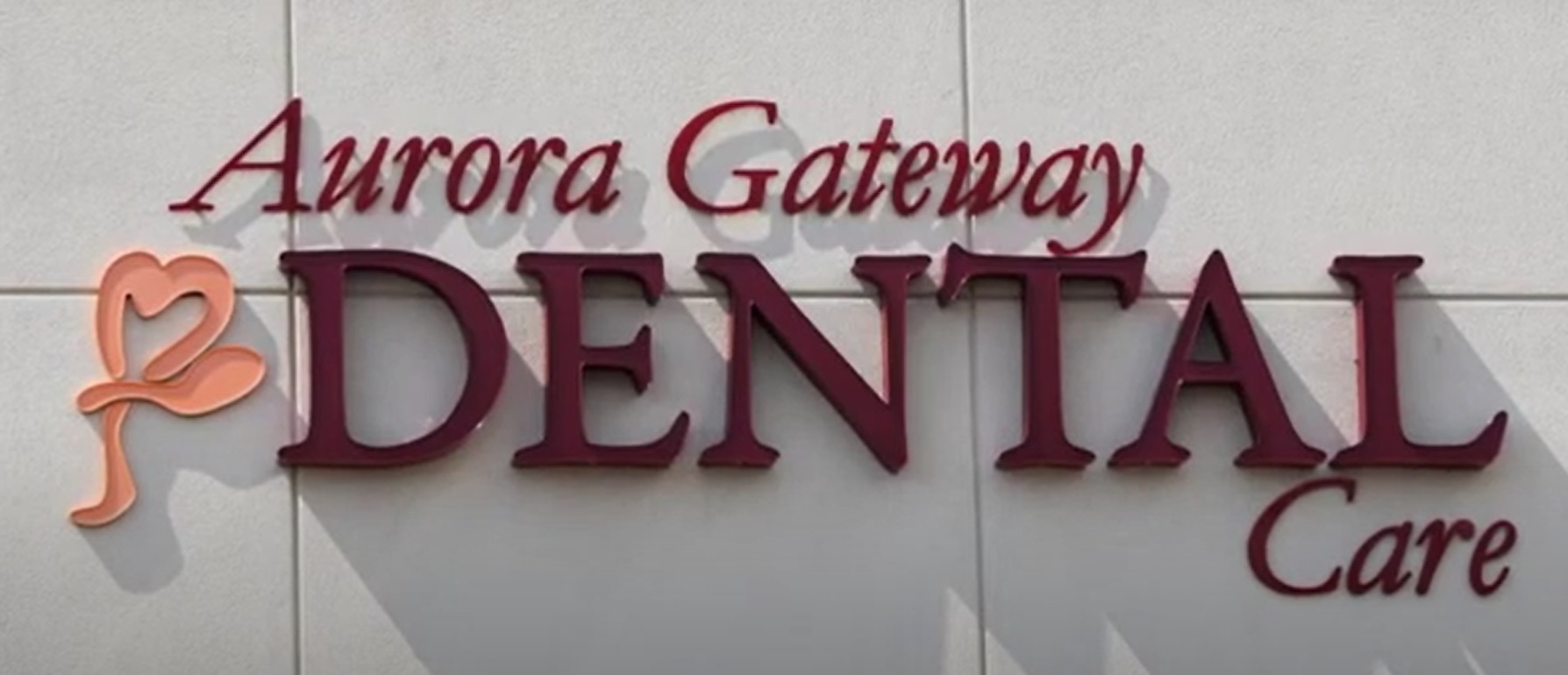Introduction
Oral cancer is a serious disease that affects thousands of people each year. Early detection is key to improving outcomes, which is why screening is important, especially for those at higher risk. In this guide, we will explore the risk factors for oral cancer and who should consider screening.
Risk Factors for Oral Cancer
Several factors can increase your risk of developing oral cancer. These include:
- Tobacco Use: Smoking cigarettes, cigars, or pipes, as well as using smokeless tobacco products, significantly increases your risk of developing oral cancer.
- Alcohol Consumption: Heavy alcohol use is another significant risk factor for oral cancer, especially when combined with tobacco use.
- Human Papillomavirus (HPV) Infection: Certain strains of HPV, especially HPV-16, have been linked to an increased risk of oral cancer.
- Age: The risk of developing oral cancer increases with age, with most cases occurring in people over the age of 55.
- Gender: Men are at a higher risk of developing oral cancer than women.

- Sun Exposure: Excessive exposure to sunlight, especially at a young age, can increase the risk of lip cancer.
- Poor Oral Hygiene: Not taking care of your teeth and gums can increase the risk of developing oral cancer.
- Diet: A diet low in fruits and vegetables may increase the risk of developing oral cancer.
Who Should Consider Screening?
Given the serious nature of oral cancer, it is recommended that anyone with one or more risk factors consider regular screening. This includes:
- Tobacco Users: If you smoke cigarettes, cigars, or pipes, or use smokeless tobacco products, you should consider regular screening.
- Heavy Alcohol Users: If you consume alcohol heavily, especially in combination with tobacco use, you should consider regular screening.
- HPV Infection: If you have been infected with HPV, especially HPV-16, you should consider regular screening.
- Age and Gender: Men over the age of 55 are at a higher risk of developing oral cancer and should consider regular screening.
- Other Risk Factors: If you have other risk factors for oral cancer, such as sun exposure, poor oral hygiene, or a diet low in fruits and vegetables, you should consider regular screening.

Conclusion
Regular screening for oral cancer is important, especially for those at higher risk. By understanding the risk factors for oral cancer and considering screening, you can help detect the disease early and improve outcomes. If you have one or more risk factors for oral cancer, talk to your dentist about screening options. Early detection can save lives.
FAQs
Q 1: How often should I be screened for oral cancer?
The frequency of oral cancer screening depends on your individual risk factors. For most people, an annual screening is recommended. However, if you have risk factors such as tobacco use, heavy alcohol consumption, or a history of oral cancer, your dentist may recommend more frequent screenings.
Q 2: Is oral cancer screening covered by insurance?
Many dental insurance plans cover oral cancer screenings as part of routine dental exams. However, coverage can vary depending on your plan. It’s best to check with your insurance provider to determine what is covered under your plan.
Q 3: What does an oral screening involve?
During an oral screening, your dentist will visually inspect your mouth, lips, gums, tongue, and throat for any signs of cancer or precancerous conditions. They may also feel the tissues in your mouth and throat for any abnormalities. The screening is usually quick and painless.
Q 4: What happens if an abnormality is found during the screening?
If your dentist finds an abnormality during the screening, they may recommend further tests, such as a biopsy, to determine if it is cancerous. If cancer is detected, your dentist will work with you to develop a treatment plan. Early detection and treatment can greatly improve outcomes for oral cancer.
amir
Stay in the loop

